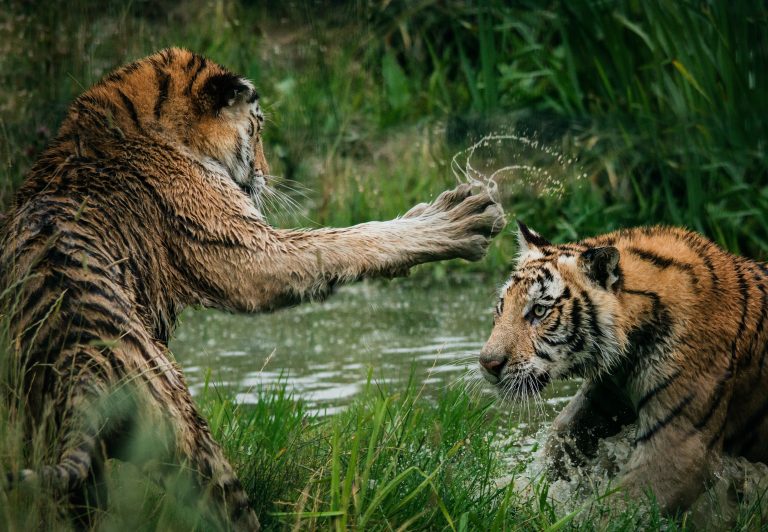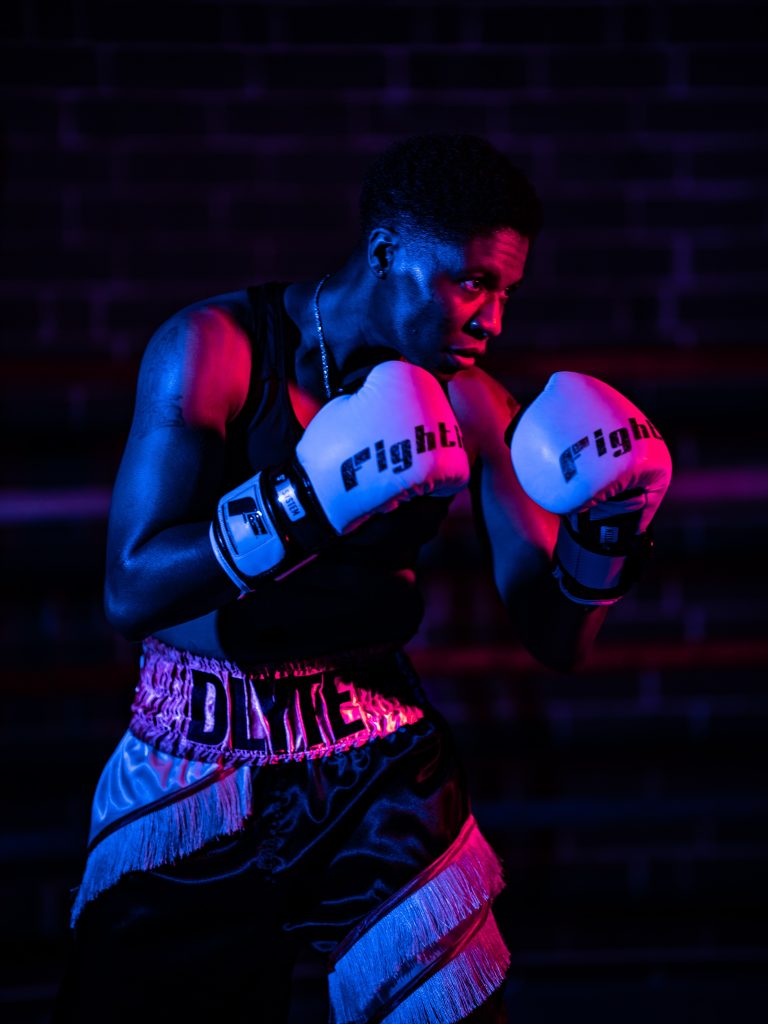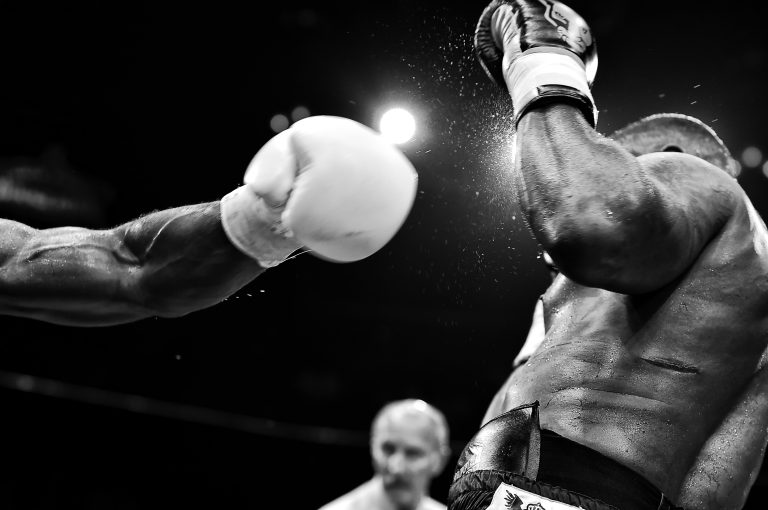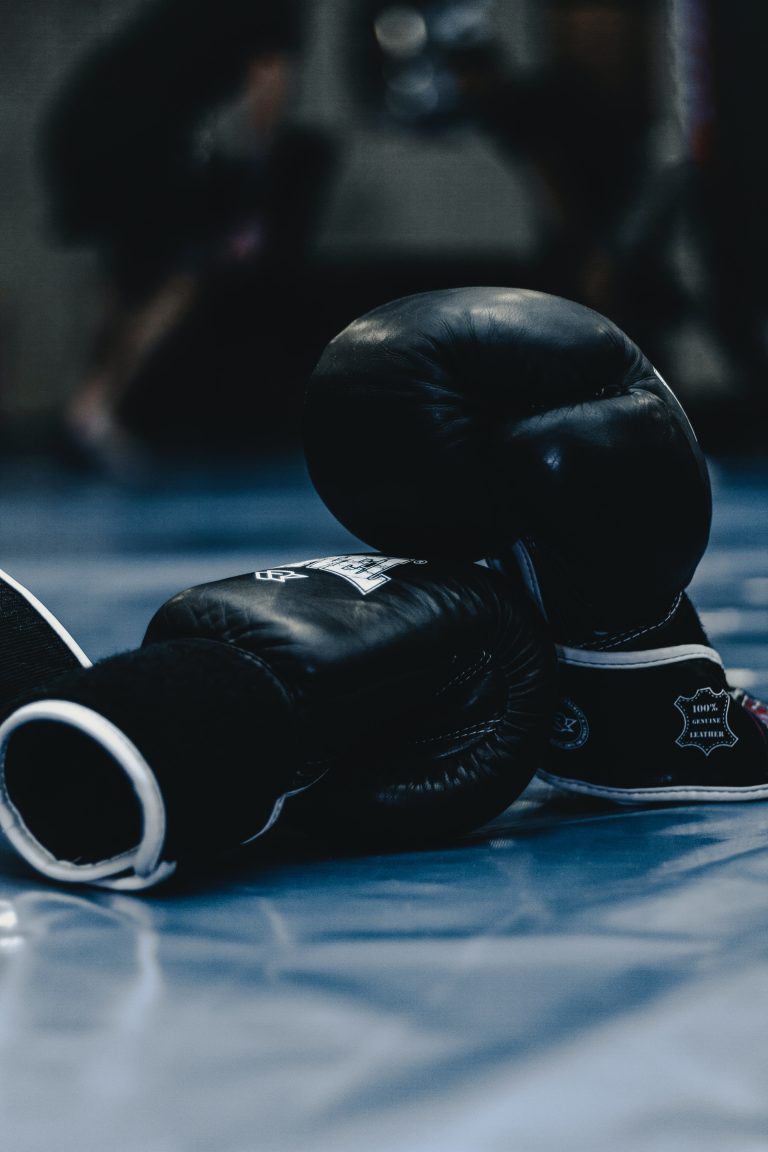Karate Sayings in Japanese: Understanding the Wisdom Behind Martial Arts
Karate is not just a sport or form of self-defense. It is a way of life that teaches discipline, respect, and self-control. The philosophy behind karate is deeply rooted in Japanese culture and traditions, and this is evident in the many karate sayings in Japanese that are frequently used by martial arts practitioners around the world.
In this article, we will explore the meaning and significance of some of the most popular karate sayings in Japanese. Whether you are a beginner, an experienced karateka, or simply interested in martial arts, this guide will give you a deeper understanding of the wisdom behind the karate philosophy and culture.
Budo: The Way of the Martial Arts
The first thing you need to understand about karate is the concept of Budo, which means „the way of the martial arts“. Budo is more than just physical combat; it is a holistic approach to life that emphasizes the development of the mind, body, and spirit.
One of the most famous karate sayings in Japanese that embodies the spirit of Budo is „Karate ni sente nashi,“ which means „there is no first strike in karate“. This saying emphasizes the importance of self-control and restraint in martial arts. A true karateka should only use their skills in self-defense and never to initiate violence.
Another popular karate saying that highlights the philosophy of Budo is „Shikin Haramitsu Daikomyo,“ which is a phrase commonly used in Zen Buddhism. This saying translates to „each deed, word and thought has boundless potential for good or evil“. In the context of karate, it means that every action you take in life has consequences, and that you should strive to live with integrity and mindfulness.
The Importance of Respect
Respect is a core value in Japanese culture, and it is also an essential aspect of karate. In fact, many karate schools begin and end each training session with a bow to show respect to the teacher and fellow students.
One of the most well-known karate sayings in Japanese that emphasizes the importance of respect is „Onegai shimasu,“ which is often used when entering or leaving the dojo. This phrase translates to „please teach me“ or „please help me learn“. By saying this, you are showing humility and a willingness to learn from others.
Another karate saying that underscores the significance of respect is „Senpai kohai,“ which refers to the relationship between senior and junior students in a dojo. The senpai is the more experienced student who guides and helps the kohai, or junior student, to learn and improve. This relationship is based on mutual respect and a commitment to the development of both individuals.
The Power of Perseverance
Karate is not easy. It requires years of dedicated practice and training to master the techniques and philosophy of the martial arts. This is why perseverance is such an important value in karate.
One of the most inspirational karate sayings in Japanese that highlights the power of perseverance is „Nana korobi ya oki,“ which means „fall down seven times, get up eight“. This saying emphasizes the importance of resilience and the willingness to keep going even in the face of adversity.
Another popular karate saying that embodies the spirit of perseverance is „Kata wa tadashiku, jissen wa betsu mono,“ which means „techniques should be practiced correctly, but in real situations they are different“. This saying reminds us that while we may practice techniques in a controlled environment, we must also be prepared to adapt and improvise in a real-life situation.
In
Karate Sayings in Japanese: Answering the Most Common Questions
Introduction
Karate is a martial art that originated in Okinawa, Japan. It has gained popularity all over the world, and many people have started to take an interest in not only its techniques but also its philosophical teachings. One of the ways to understand and appreciate Karate more is by learning Japanese phrases used in this martial art. In this article, we will answer the most frequently asked questions about Karate sayings in Japanese.
What are Karate sayings in Japanese?
Karate sayings in Japanese are phrases that are used in Karate training sessions, competitions, and other related events. These phrases are usually in Japanese and convey the philosophical teachings associated with Karate. Learning these phrases is not only important for people who practice Karate but also for those who appreciate Japanese culture and language.
Why are Karate sayings important?
Karate sayings are important because they encapsulate the essence of Karate. They convey the values, principles, and philosophy of this martial art. They also help students to focus and discipline themselves during training, and they remind them of the ultimate goal of their practice. Furthermore, learning Karate sayings is an aspect of learning about Japanese culture and language. It helps people to appreciate the depth and richness of these two aspects of Japanese society.
What are some common Karate sayings in Japanese?
Here are some common Karate sayings in Japanese with their English translations:
- Osu – “to persevere under pressure” or “to push oneself beyond limits”. This is often used as a greeting between Karateka (Karate practitioners).
- Kiai – “a shout or yell made during an attack”. This is used to intimidate the opponent and show determination.
- Mushin – “no mind” or “empty mind”. This is a state of mind where the practitioner is free from distraction, and their mind is focused on the present moment.
- Zanshin – “remaining mind” or “lingering mind”. This is a state of mind where the practitioner is alert and aware even after the technique has been executed.
- Senpai – “senior” or “one who comes before”. This is a title given to a senior practitioner who trains with and guides the junior practitioners.
- Sempai kohai doryoku – “senior-junior effort”. This is a term used to describe the mutual effort and cooperation between a senior and a junior practitioner in Karate training.
- Kime – “focus” or “concentration”. This refers to the ability to focus all of one’s energy and power into a technique.
How should I learn Karate sayings in Japanese?
Learning Karate sayings in Japanese requires time, effort, and dedication. Here are some tips to help you:
- Consult your Sensei – Your Sensei (Karate teacher) is the best source of information about Karate sayings in Japanese. They know the meanings, pronunciations, and contexts of these phrases.
- Listen carefully – Pay attention when your Sensei or other practitioners use Karate sayings in Japanese. Focus on their pronunciation and intonation.
- Practice regularly – Practice saying Karate sayings in Japanese regularly. Use recordings, online resources, or study materials to help you improve your pronunciation.
- Understand the meanings – It’s not enough to memorize the words. You should also understand the meanings and contexts of the Karate sayings in Japanese.
How to Learn Karate Sayings in Japanese: A Step-by-Step Guide
Karate is a form of martial arts that originated in Okinawa, Japan. Along with the physical aspect of karate, many practitioners find value in the sayings and philosophies that are associated with the practice. Learning Japanese karate sayings can deepen your understanding and appreciation of the art form. In this guide, we’ll cover step-by-step how to learn karate sayings in Japanese.
Step 1: Understand the Importance of Learning Karate Sayings in Japanese
Karate sayings in Japanese are known as „kotowaza,“ which are wise sayings derived from traditional Japanese culture. These proverbs not only emphasize the significance of respect and self-discipline, but also the value of humility, patience, and perseverance. The karate kotowaza can inspire students to train harder and become better individuals, both on and off the mat.
Step 2: Identify Karate Sayings in Japanese to Learn
There are countless Japanese karate sayings that you can learn. Some examples include:
– „一期一会“ (Ichi-go ichi-e) – This translates to „one time, one meeting,“ which means to cherish every interaction and live in the present moment.
– „千里の道も一歩から“ (Senri no michi mo ippo kara) – This proverb means „a journey of a thousand miles begins with a single step.“ It reminds us that great accomplishments are achieved through perseverance and dedication.
– „内と外同じ“ (Uchi to soto onaji) – This phrase encourages students to integrate the physical and spiritual aspects of karate, and to apply the principles of karate in daily life.
Step 3: Research the Pronunciation and Meaning of the Sayings
Once you have identified the karate sayings you wish to learn, it’s important to research the proper pronunciation and meaning of each one. You can find resources such as books and online articles that provide phonetic spellings and translations.
Step 4: Practice Pronunciation and Memorization
Once you have researched the pronunciation and meaning of the karate sayings, it’s time to practice. Say each saying out loud and focus on the correct pronunciation. You may want to start by practicing saying each phrase slowly and gradually speed up as you start to become comfortable with the sounds.
As you practice, try to memorize the meaning of each saying. You’ll find that knowing the meaning behind the phrase will help you remember it more easily.
Step 5: Apply the Sayings to Your Karate Training and Daily Life
Learning karate sayings in Japanese goes beyond simply memorizing the words. It’s important to apply these sayings to your training and daily life. Consider how a particular proverb can help you become a better student, a better training partner, and a better human being.
Conclusion
In conclusion, learning karate sayings in Japanese is a valuable experience that can deepen your understanding and appreciation of the art form. By following these steps and practicing regularly, you’ll be able to recite and utilize these wise sayings to enhance your karate training and your overall personal growth.
Inhaltsverzeichnis






